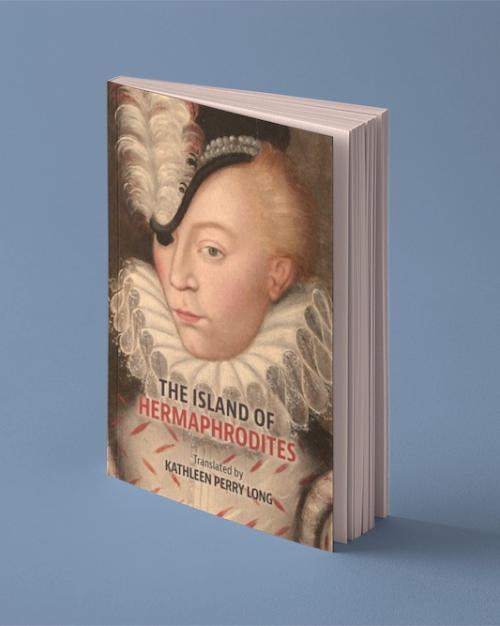Liliana Colanzi, Bolivian writer and Assistant Professor of , is the winner of the Premio Ribero del Duero 2022 for her story collection Ustedes brillan en lo oscuro (You Glow in the Dark). The highest prize for the short story, the Premio jury this year was presided over by Spanish author and journalist Rosa Montero, who chose Colanizi’s linked collection out of more than a thousand submissions from thirty-seven countries across Latin America and Spain.
Ustedes brillan en lo oscuro will be published by the Spain-based imprint Páginas de Espuma, and will hit bookstores April 11.
"I'm very happy about the award, and I would like to thank my colleagues, our students, the administrative staff, who have always supported me. I'm glad that I'm in a place where the writing of fiction is highly valued,” Colanzi said.
Colanzi spoke more about her award-winning collection an interview with Luis Alemany for the Madrid-based newspaper El Mundo:
“The first story in the book was born in a very concrete moment in 2017, during a visit to a cave in Oaxaca, in Mexico. In this moment, I was very conscious that the cave had been the same for centures, that there is an abyss between the brevity of life and the enormity of time. I think that literature can be a medium, a way of apprehending this abyss,” Colanzi told Alemany.
According to Alemany, Colanzi’s book is filled with scenes like this, with a predisposition towards suffering and permanence: the aftermath of a nuclear accident in Goiana, Brazil, in 1987; the Amazon watershed in the state of Bení, Bolivia, devastated by the extraction of rubber.
“In my earlier books there already was a persistent, phantasmagoric idea of past trauma,” Colanzi explained. “What’s new [in this book] is an amplification of scale.”
Colanzi told Alemany that, while the question of time may sound like one of the more abstract themes that literature can approach, Ustedes brillan en lo oscuro has many literary influences and predecessors, including works by Amparo Dávila, Silvina Ocampo, Rafael Pinedo and Mery Chauvet, and the nonfiction work The Sixth Entinction: An Unnatural History by Elizabeth Kolbert.
For the uninitiated, Alemany explains, Kolbert’s book hypothesizes that Earth has entered into a life cycle of extinction, as it did sixty million years ago when the dinosaurs disappeared. This time, however, the cause will be humans, not a meteor.
“This book has awakened my consciousness to the non-human. In Ustedes brillan en lo oscuro, nature doesn’t appear as a backdrop, but plays an active role in the storytelling, a role that brings its own history – and its own political history,” Colanzi said.
The winner of the Premio Ribera del Duero is awarded 25,000 Euros. Previous winners include Samanta Schweblin, Antonio Ortuño, Marcos Giralt Torrente y Guadalupe Nettel, among others. This year, the award finalists were Una grieta en la noche, by Laura Baeza; Pombero, by Marina Closs; Un meteorito flamígero by Pedro Juan Gutiérrez; and Todo lo que aprendimos de las películas, by María José Navia.





